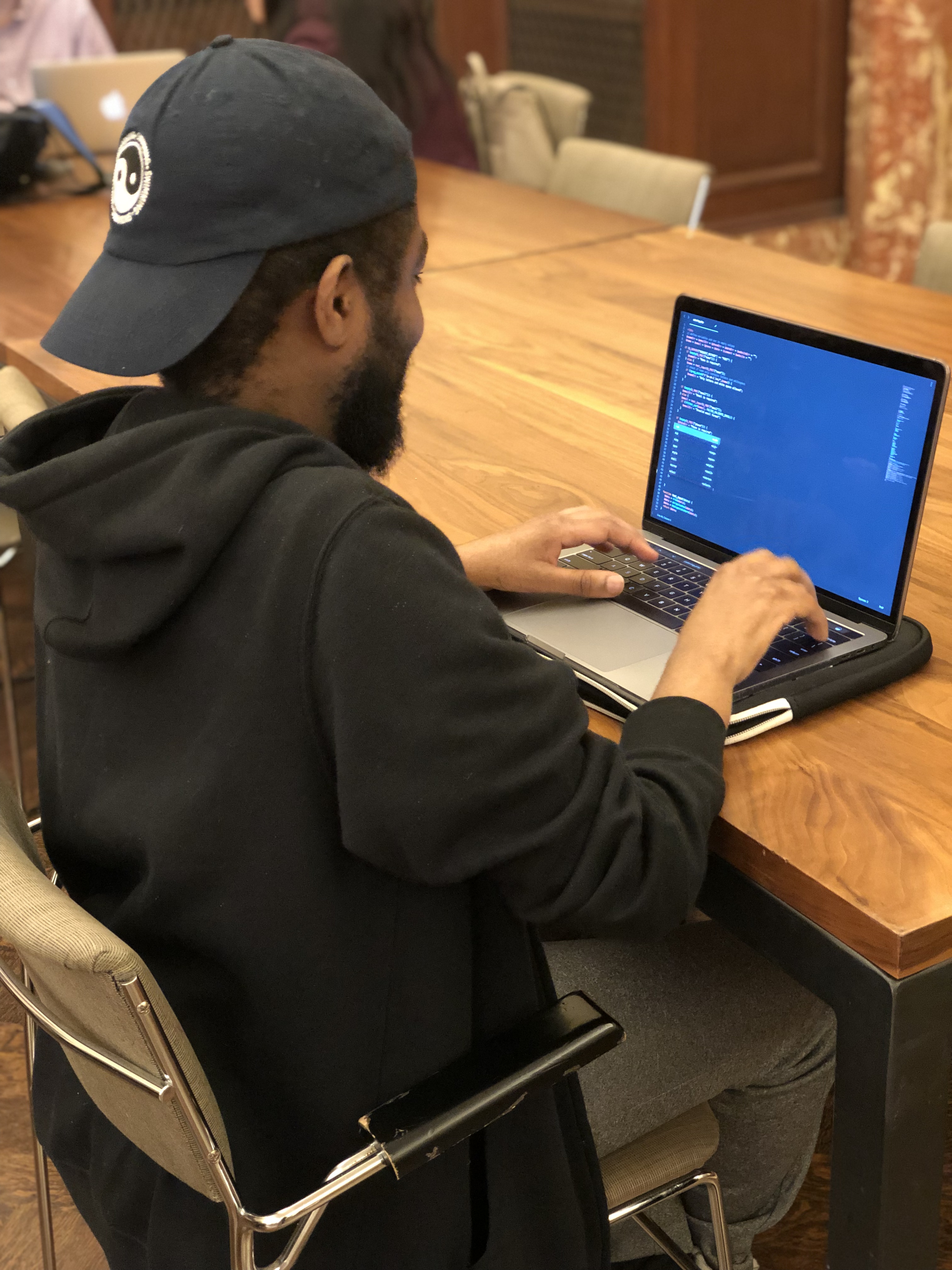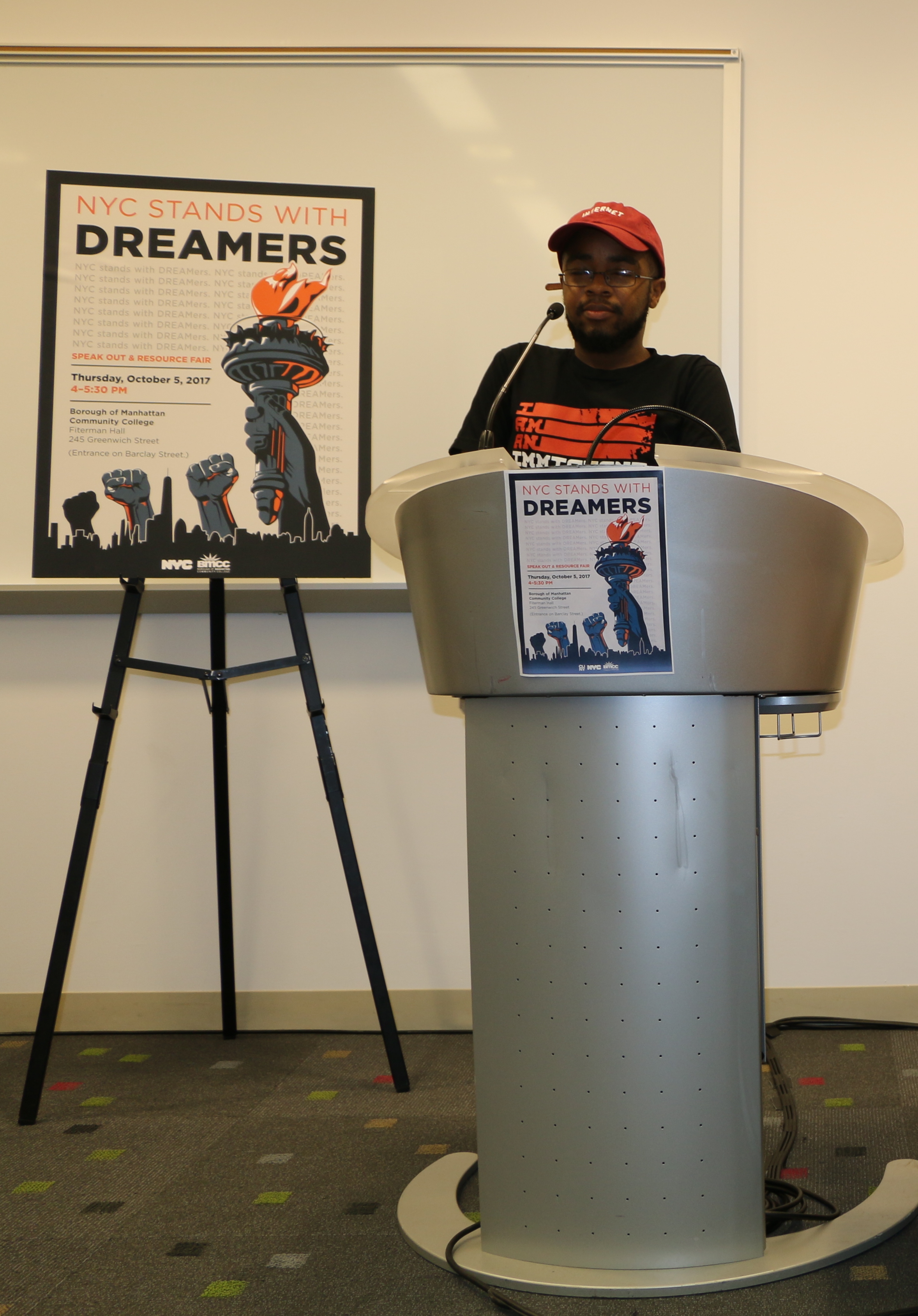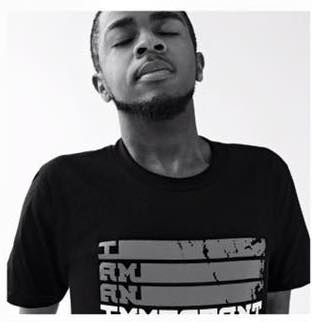Dale
Undergraduate St. Lucian Student Studying Computer Science

 Tell me a little about your journey to the United States.
Tell me a little about your journey to the United States.
I was born in St. Lucia and I came when I was 3 years old around 1998, I want to say. The whole reason why we came to America–my family– was because there were some complications when I was born. I had this sickness–newborn babies have it and it was misdiagnosed and then it developed into an immunodeficiency that my country could not treat [and] we couldn’t find an advanced enough medical facility. The first place we went was not America. I went to Barbados, I was treated there for a while and then, I went to Europe actually. I want to say it was France. I wish I remembered some of it, but I don’t– I was probably like one year old. Then afterwards, I went to America, Florida, [specifically]. I was treated there at Miami’s Children Hospital hospital. I am a little rocky on the how, but we were able to get in because there was a complication at the airport. We were just able to get in and then we got a medical visa and then I overstayed my medical visa so that’s where I am right now. I have DACA right now though.
What were obstacles that you faced as an undocumented person?
So, the first obstacles [sic] you could say is as soon as we came, my father did not have any of his papers, so it was very hard for him to find a job that would accommodate his skills. He is a very good construction worker and he is also a very good preacher, but he is limited because of his status. We had to depend on my mom a lot, so right of the bat life was just very difficult for us and it is like that still.
 How did DACA impact your life?
How did DACA impact your life?
Before DACA, I wouldn’t have been able to go to college at all– there was no chance in hell. I probably would have gotten like two jobs. I’d probably still need help from my parents. So, it came in the nick of time… I got my status in June or July which is right before college starts so I was very lucky. The Dream.US scholarship pays all expenses that’s how I am able to afford college, without it I wouldn’t. The scholarship was very big deal for us.
Tell me about a moment when you felt like you belonged.
I always have like a moment in the library like I am student amongst other students and sometimes I feel happy about that. I am here you know working… I am here trying to make a better life for myself. So it is always in the moments: stepping into the library or like just hanging out on the campus like I belong there.
 What are some things you were or are involved with?
What are some things you were or are involved with?
As soon I started college, I joined a group called CUNY Dreamers. They’re an immigrant advocacy group. They advocate for immigrant students primarily, but we also push for just general immigration reform at a national level. I found them through Facebook and.. I have become really heavily involved with them and I met wonderful people… it was nice to see that there are other people out there who have similar stories to me and who I could talk to without any fear of them knowing status because I know their status and they know mine. Or even if I don’t, it is a safe space– we always stress that it is a safe space in our meetings. [CUNY Dreamers] was a very important support system for me. I [also do] creative writing. CUNY Dreamers have gave me the opportunity also to join the PEN workshop. I also write freelance essays just like of my own volition sometimes.
What is one advice you’d give an undocumented high school student?
I would tell them not to be afraid to reach out because there are communities out there that will support them and there are opportunities out there that will help see them through their college careers.